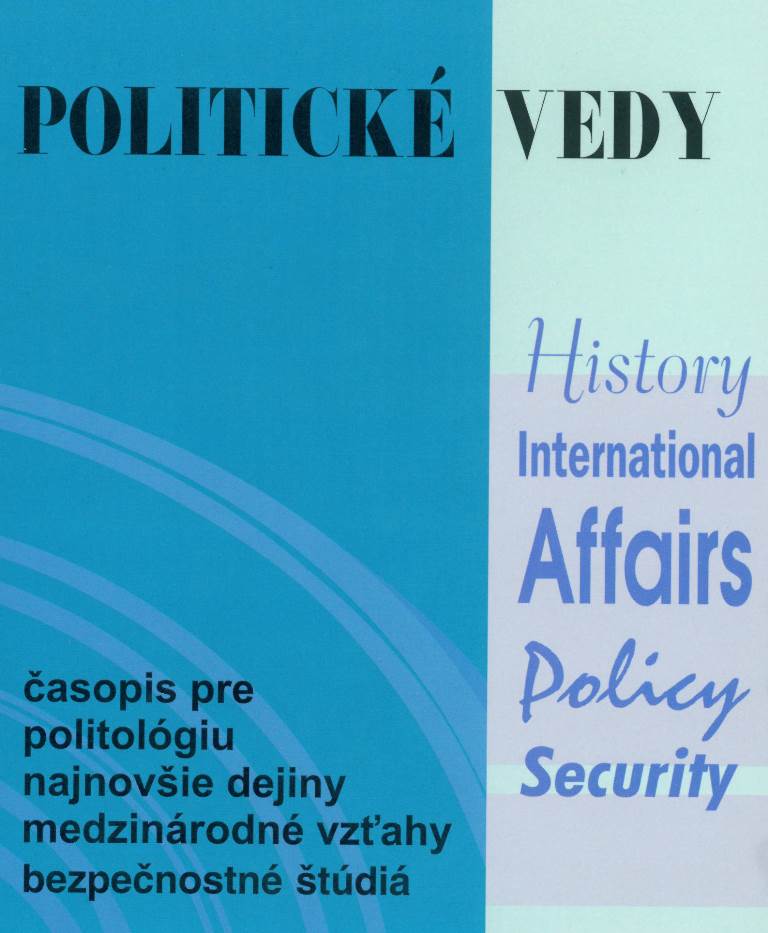The Role of Identity in the Contemporary Global Terrorist Movement
The Role of Identity in the Contemporary Global Terrorist Movement
Author(s): Dominika Kosárová, Jaroslav UšiakSubject(s): Politics and society, Politics and Identity
Published by: Univerzita Mateja Bela
Keywords: identity;Islam;radicalisation;terrorism;
Summary/Abstract: Members of Islamist terrorist organisations share a common worldview stemming from the radical Islamist ideology, which is a pillar of their identity. Islamist identity emerged in response to specific events in Muslim countries; however, today it has an unprecedented ability to attract also Muslims living in the West. Radicalisation in a sense of ideological socialisation represents the process by which original Muslim identity may shift towards Islamist one. Theory of radicalisation thus will be used to explain the nexus between identity and terrorism. The aim of the article is to outline a trajectory between identity and terrorism and hence to identify possible reasons and patterns of Muslim radicalisation in two different settings: Muslim countries and Muslim diaspora in the West (Europe, in particular). This article points out that a perceived threat to identity is a driving force of Muslim radicalisation in Muslim countries, while a crisis of identity is crucial within Muslim community in the West. Potential catalysts and paths of radicalisation outlined in the article are important in order to understand the roots of Muslim rage and the emergence of terrorist threat, and consequently, they need to be considered in the counter-terrorist measures.
Journal: Politické vedy
- Issue Year: 20/2017
- Issue No: 4
- Page Range: 113-133
- Page Count: 21
- Language: English

